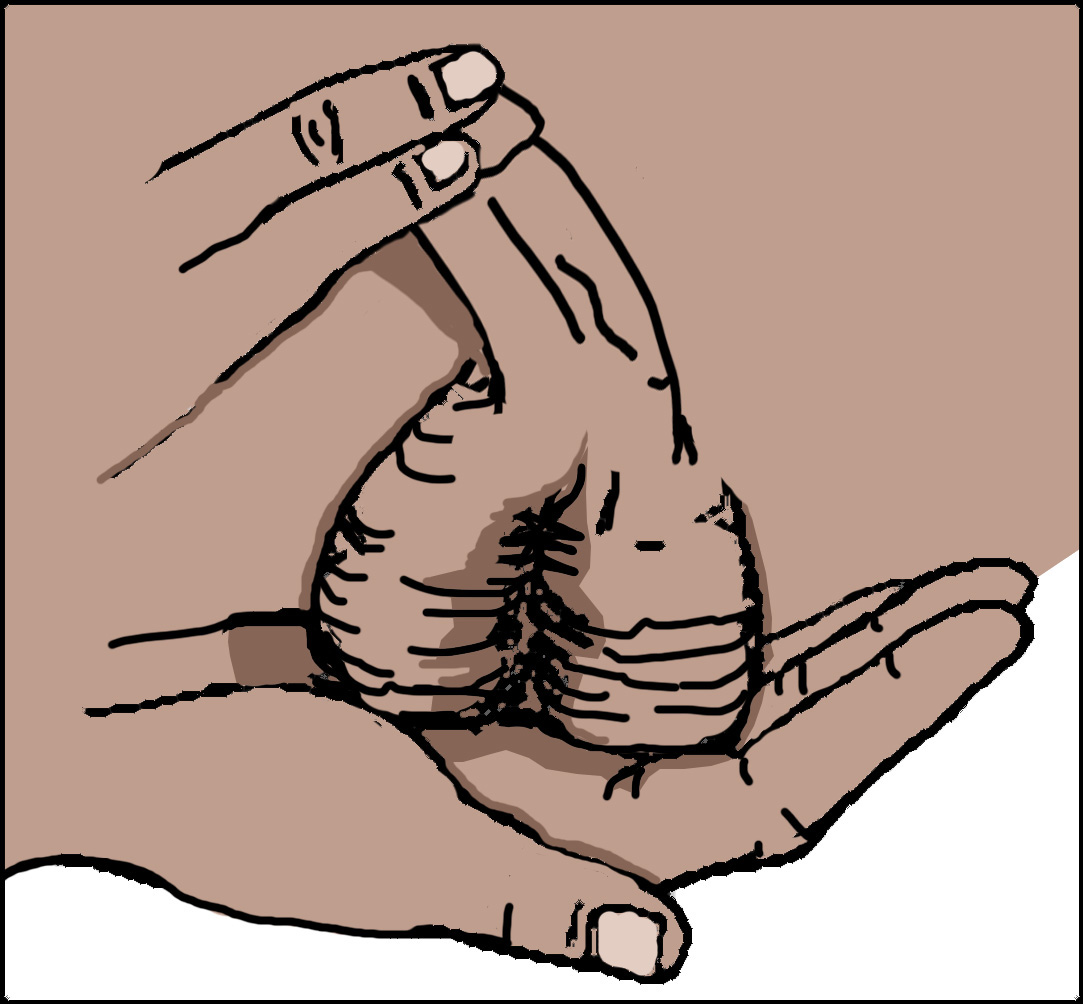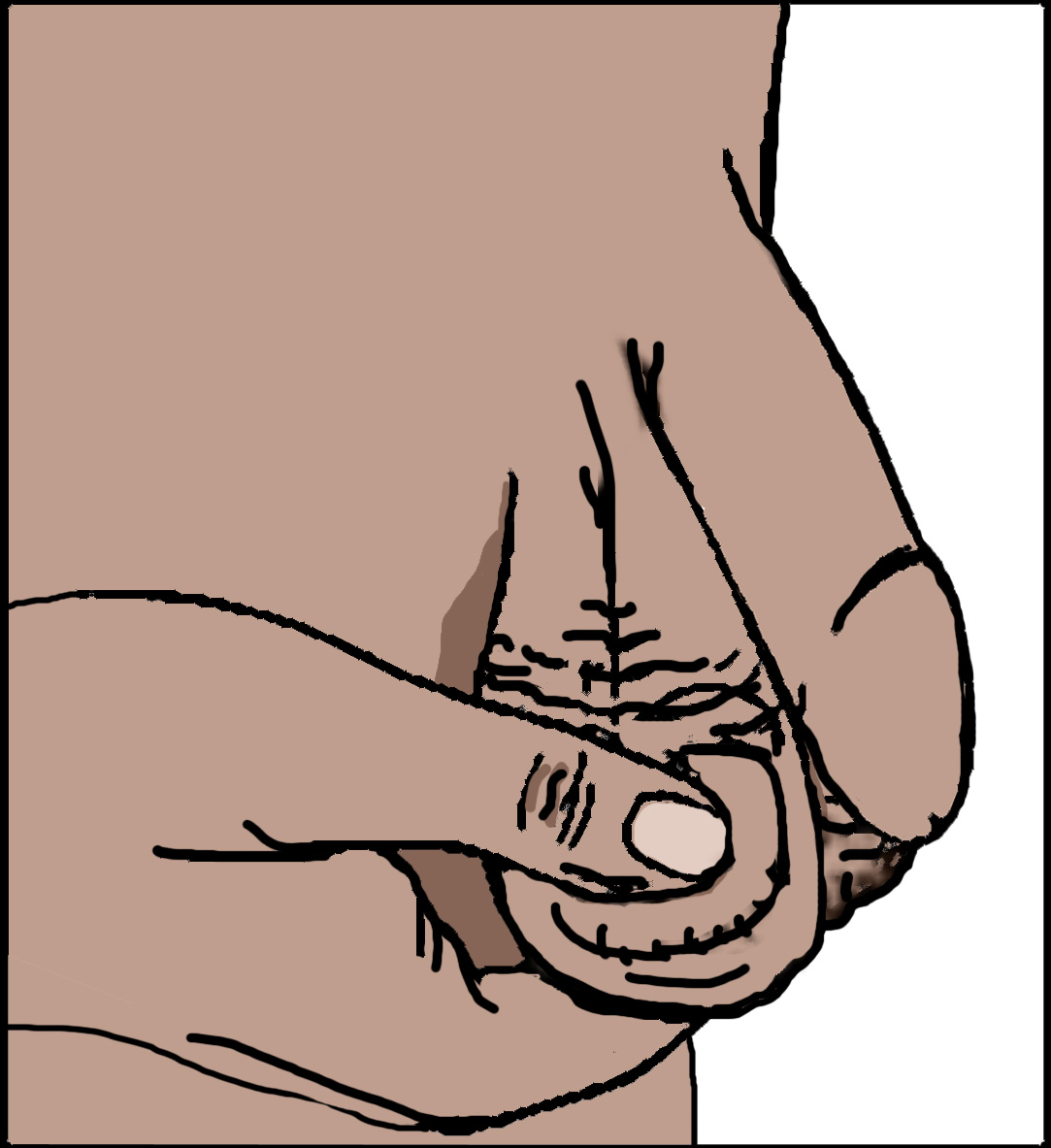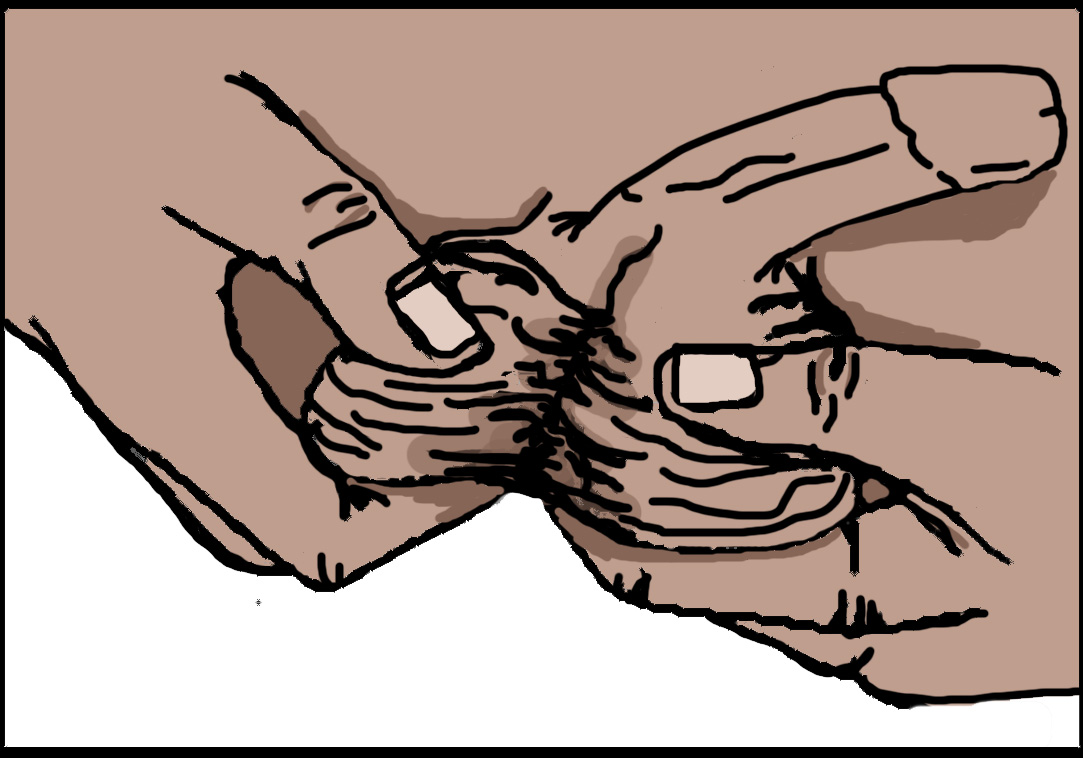'Let's check 'em out' with Dr Rob Hicks
Why do men scratch their balls? Answer: “because we can!” Mainly a source of pleasure, our testicles are always with us, hanging around. They can be a kind of ‘comfort blanket’ because it’s true that when a man is relaxed his hands seem to gravitate to his balls, often attracting looks of disapproval from the fairer sex.
So, apart from being a source of amusement what do these fellas actually do? The testicles produce  the male hormone testosterone, which is important for male sexual development, and they produce sperm, on average more than 60 million per ejaculate.
the male hormone testosterone, which is important for male sexual development, and they produce sperm, on average more than 60 million per ejaculate.
Testicular cancer is the commonest cancer that affects young men in the UK. It’s actually rare with only around 2,000 cases being diagnosed each year. It’s more common in white men, those with a family history of testicular cancer, and those who have an undescended testicle not corrected by the age of 11. Most importantly, it's vital to be aware of testicular cancer because when caught early it's curable.
The best way of detecting testicular cancer early is by self-examination, once a month, in or after a bath or shower when the scrotum is relaxed. Hold the scrotum in the palms of the hands and use the fingers and thumbs to examine the shape, consistency, and smoothness of the testicles. It's not unusual for one testicle to hang lower than the other or to be slightly smaller than the other. Each testicle should be smooth with no swellings or lumps. Any lumps or swellings, pain or aching, increase in testicle size – or if something doesn't feel right or a man is simply concerned – should be checked out by the doctor, not ignored. Many men are not sure what they should be feeling for or what is normal. If this is the case, ask your doctor to teach you how to examine the testicles and you can also learn what’s normal for you, so you have a baseline from which to work from. Then it will be easier to identify when things change and need checking out.
In reality most problems affecting the testicles are not cancer. Very often a lump turns out to be an epididymal cyst, a small collection of sperm and fluid in the coiled tube (the epididymis) that lies on top and behind each testicle. Sometimes the cyst feels uncomfortable but for most men it won’t cause any symptoms, apart from panic when it is found. These cysts are harmless and generally do not need treatment.
Epididymo-orchitis occurs when the testis and the epididymis become infected, causing the testicle and epididymis to become inflamed and swollen, and the scrotum tender and red on the side affected. The infection is often sexually transmitted, or may be due to prostatitis or urinary infection.
Never ignore pain, swelling, or lumps affecting the testicles – get checked out. And next time you’re thrown a disapproving look, just explain that you’re checking yourself, as the doctor advised!
Step by step guide to checking your testicles

Hold the scrotum in the palms of the hands, check for any noticeable changes

Use the fingers and thumbs to examine the shape, consistency and smoothness of the testicles

Any lumps or swellings, pain or aching, increase in testicle size – or if something doesn't feel right or you are simply concerned – should be checked out by the doctor, not ignored.
This article was published in Uncovered magazine issue 3 buy here.





